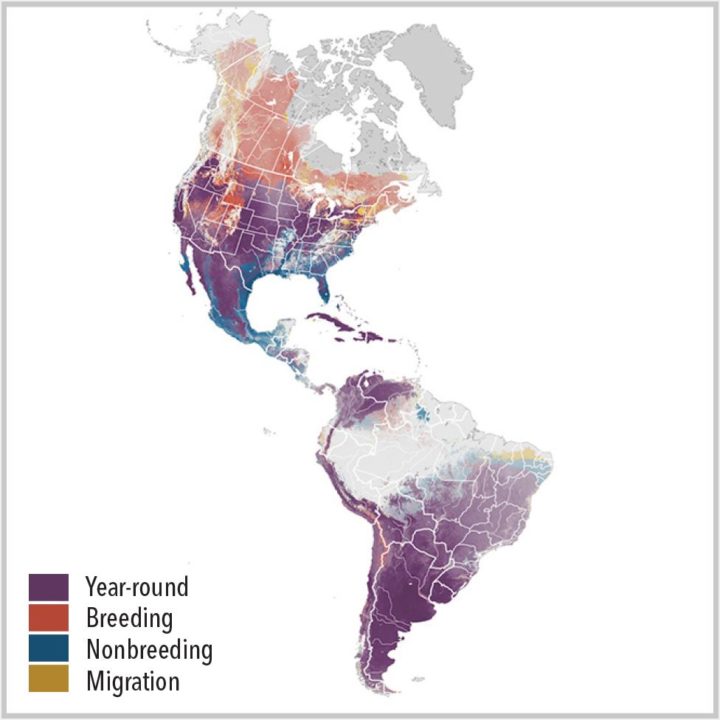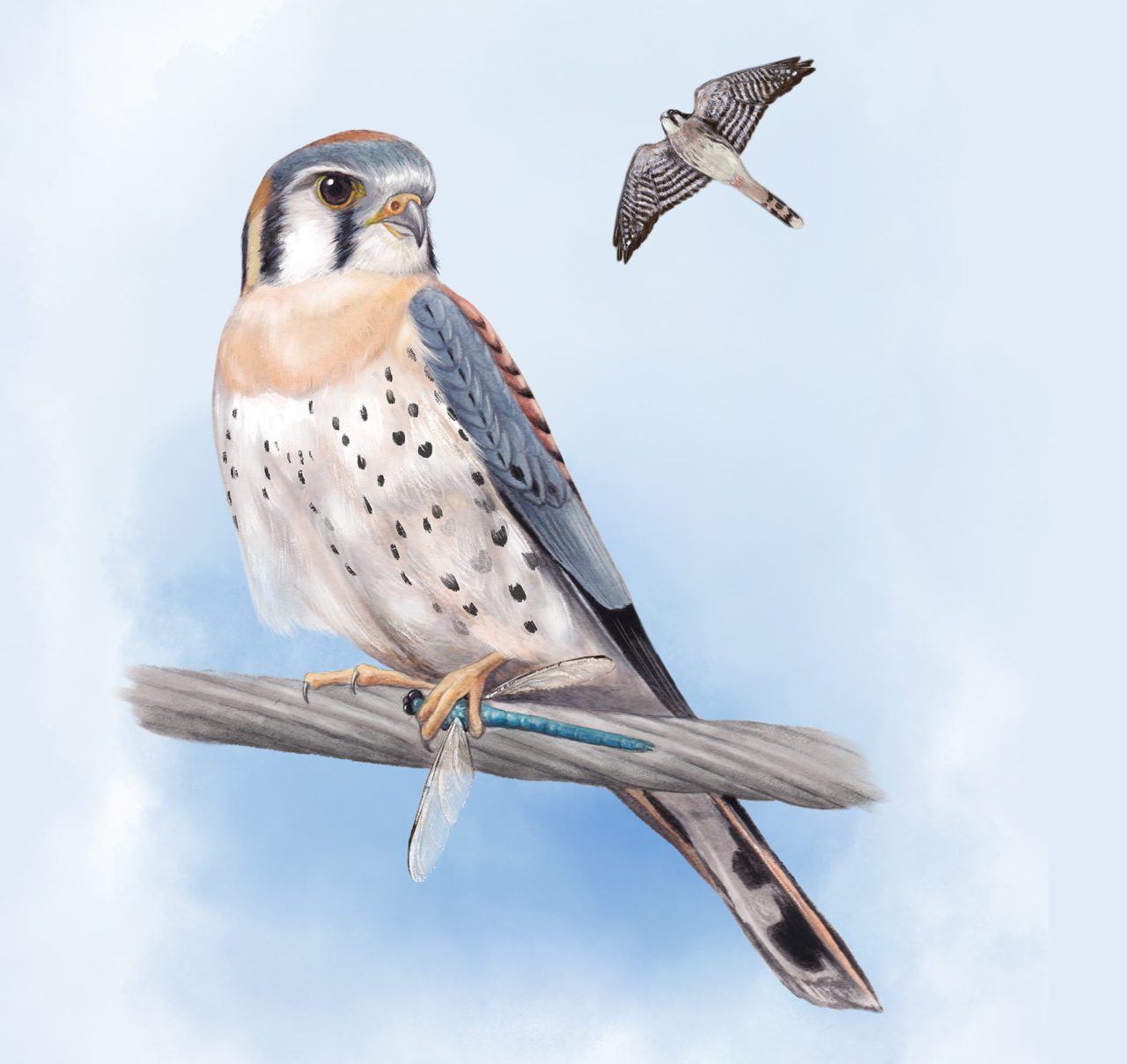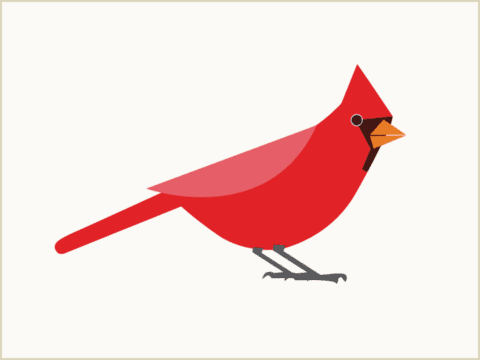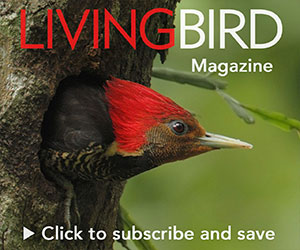Bird Profile: American Kestrel
From All About Birds
June 22, 2020From the Summer 2020 issue of Living Bird magazine. Subscribe now.
North America’s smallest falcon packs a predator’s fierce intensity into its compact body. Decked in warm rusty reds and steely blues—and sporting dark slashes on its face—it is among the most colorful and captivating of all raptors. Among its many evocative nicknames are windhover (after its hunting habits), killy hawk (after its shrill call), and sparrow hawk.

American Kestrels are the continent’s most common and widespread falcon, but populations declined by an estimated 51% between 1966 and 2017, according to the North American Breeding Bird Survey. Recent studies point to a lack of food availability, possibly tied to widespread pesticide use, as one of several reasons for the continuing declines. Most of the Caribbean, as well as many parts of Central and South America, still have large year-round populations of this species.
Find this bird: Scan fence posts, utility lines, and telephone poles—especially in farmland—where kestrels will often sit and scout for prey. In spring and summer, listen for their confident killy-killy-killy call floating through open landscapes.
Cool Facts
- Like a giant, slow-motion hummingbird, kestrels can hover over a field. They catch the wind, flap their wings, and work their long tails to stay perfectly steady as they home in on their prey.
- American Kestrels have a varied diet, from voles and mice to small snakes, lizards, and frogs to grasshoppers, beetles, butterflies, and dragonflies.
- American Kestrels nest in natural cavities such as old woodpecker holes, often on the edges where forest meets field. When the male has found a few choice nest sites, he shows them to his mate. The female kestrel makes the final choice. American Kestrels take readily to nest boxes.

All About Birds
is a free resource
Available for everyone,
funded by donors like you
American Kestrel by Blair Dudeck / Macaulay Library




